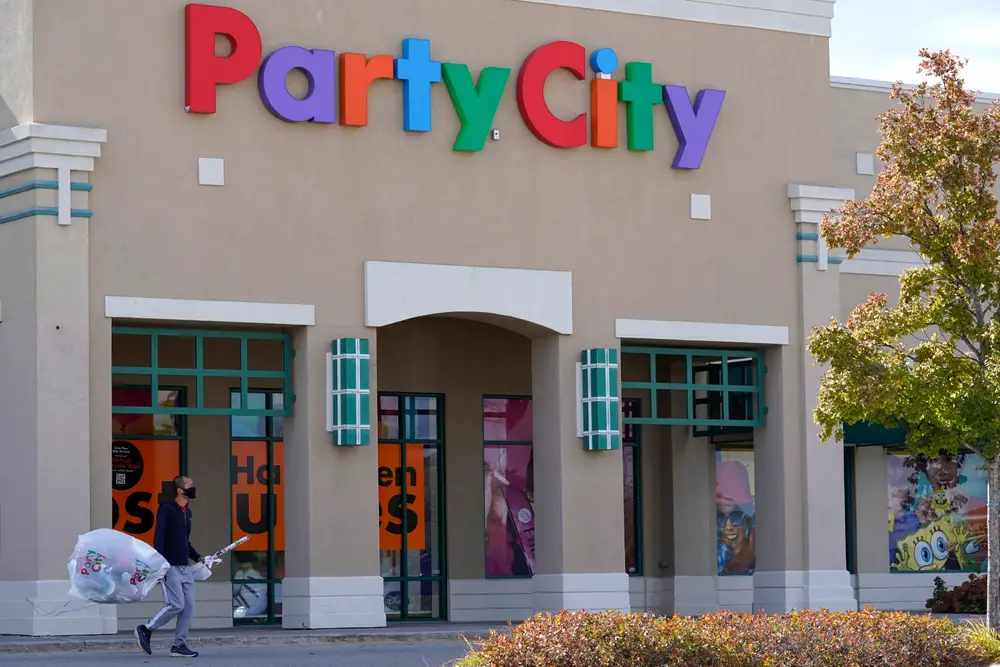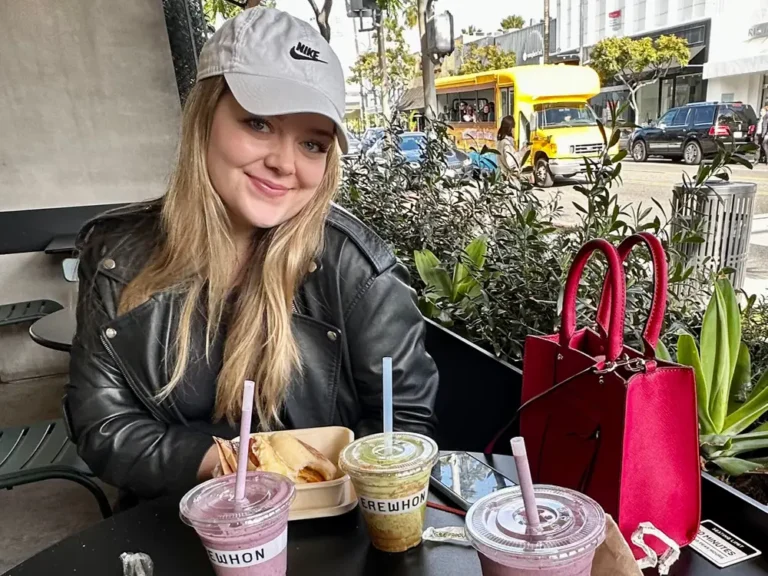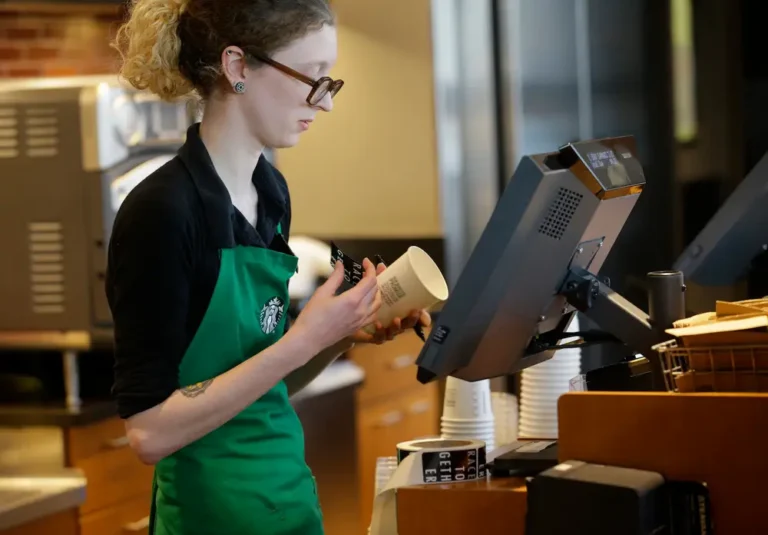December’s mini-retail apocalypse rounded off a rough year for US stores

Party City said that it would close its stores.
Trouble for a trio of retailers at the tail end of 2024 is a sadly fitting end to a tough year for retailers.
Home storage chain The Container Store filed for Chapter 11 bankruptcy on Sunday. The retailer plans to reorganize and its CEO said that the company “is here to stay,” but it said in May its full-year consolidated net sales dropped almost 20% year-on-year, and in October that second-quarter sales on the same basis fell 10.5%.
A day earlier, Party City said it would wind down operations and close all of its stores. That’s on top of Big Lots, which said last Thursday it would start store-closing sales at all of its locations after its planned sale to a private equity firm fell through.
The few days of bad news caps a rough year for many retailers. Over 2,000 stores have closed this year in the US, by B-17’s count.
Among the companies that have shuttered stores are drugstore chains CVS and Rite Aid, Family Dollar, and convenience store chain 7-Eleven.
Even some big-name chains that aren’t closing stores are still having trouble. Starbucks’ sales fell in the latest quarter, showing that new CEO Brian Niccol — brought in abruptly to help revitalize the company — has plenty to address at the chain in 2025.
Starbucks store employees have told B-17 that the coffee chain has operational issues to work out, from not scheduling enough workers at busy times to finding a better way to fill mobile orders.
Big Lots, Party City, and The Container Store all have pointed to recent economic factors, namely inflation and consumers who are less willing to spend.
In its statement on Saturday, for instance, Party City cited “an immensely challenging environment driven by inflationary pressures on costs and consumer spending, among other factors” in explaining the decision to wind down operations.
Satish Malhotra, CEO of The Container Store, referenced a “challenging macro-economic environment” in an email to customers this week.
Big Lots, meanwhile, has been saying for months that consumers were buying fewer couches, dining room sets, and other high-priced home furnishings. The chain saw “a significant consumer pullback in big-ticket items, particularly within the furniture and patio furniture categories,” CEO Bruce Thorn said during an earnings call in June — the last one that the company hosted before announcing its now-scrapped deal to sell itself to Nexus Capital Management.
Inflation has decelerated this year for many items, yet shoppers are still cautious about what they buy, and prices for many items are still proportionally higher than before the pandemic. Many low-income consumers are having trouble stretching their paychecks to cover expenses, a development that has hurt Dollar General and other dollar stores.
More affluent consumers have also slowed their spending, turning away from stores where they have to pay full price and toward off-price chains like Nordstrom Rack as well as store-brand groceries at Walmart.
Even Target reported last month that many of its customers were sticking to buying essentials and shying away from impulse buys and more expensive items, leading the big box chain to cut its forecast.
So far, the outlook for 2025 isn’t great. Advance Auto Parts and Walgreens have plans to shut 1,200 stores between the two chains, for example.
To be sure, all three retailers who reported bad news over the last few days faced challenges well before this month or even this year. Big Lots has been closing stores since last year. Party City filed for bankruptcy in January 2023. And The Container Store has reported quarterly drops in same-store sales for several consecutive quarters.
But if shoppers remain value-conscious and stick to stores they perceive as offering the best deals going into 2025, retailers could continue to have a tough time in the new year.






